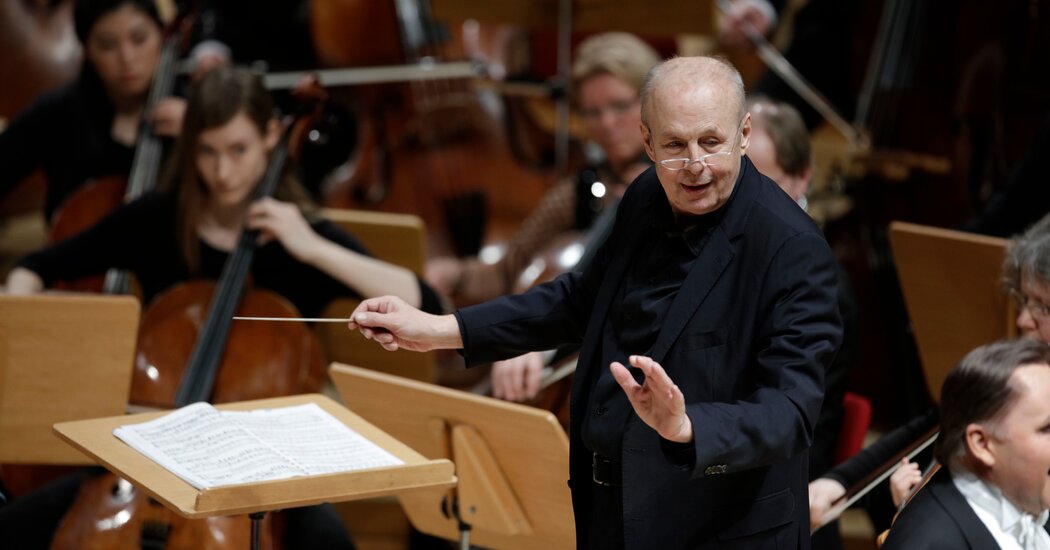
“He took this Central German theater in Essen and he turned it, in 17 years, into one of the best ensemble houses in Europe, and he turned the Essen Philharmonic into an absolute A-grade orchestra,” the Australian opera director Barrie Kosky, who collaborated with Mr. Soltesz on four productions at the Aalto Theater in the early 2000s, said on Saturday after learning of Mr. Soltesz’s death. Mr. Kosky was speaking from Salzburg, Austria, where he was rehearsing a new production of Janacek’s “Kat’a Kabanova” that he is directing next month at the Salzburg Festival.
During his career, Mr. Soltesz also led performances throughout Asia, and in 1992, he made his United States debut with the National Opera with a performance of Verdi’s “Otello” at the Kennedy Center in Washington. Mr. Soltesz is survived by his wife, Michaela Selinger, a mezzo soprano.
“He was a very fine, refined musician, and music, you know, was first. He came second,” Mr. Dorny, a Belgian impresario who said he had known Mr. Soltesz since the 1990s when he ran the Festival of Flanders, said on Saturday.
“He was the perfect diener for the art form,” Mr. Dorny added, using the German word for servant.
On Friday night, Mr. Soltesz was conducting a revival of Mr. Kosky’s 2010 production of Strauss’s rarely performed “The Silent Woman,” as part of the Bavarian State Opera’s summer festival. Mr. Soltesz had previously led other revivals of the production. And it was one of several throughout Germany that he and Mr. Kosky had worked on together.
“He was an amazing musician,” Mr. Kosky said, singling out Mr. Soltesz’s interpretations of Strauss for high praise, adding, “He understood the idea of orchestra accompanying, and understood the idea of the architecture of an act — or a three-act opera. He understood that, and he was at home in the pits. That was his home.”
“In a world of dilettantes,” Mr. Kosky said, “he was the real thing.”




